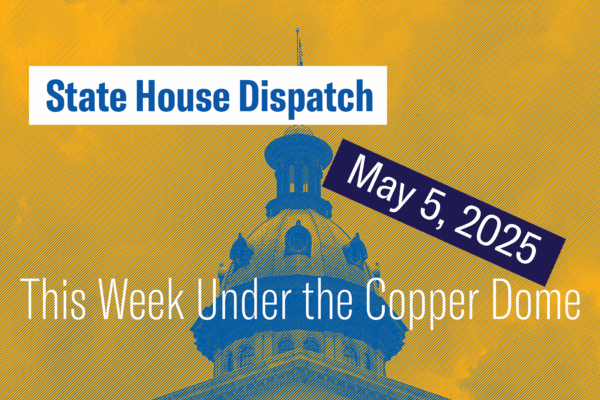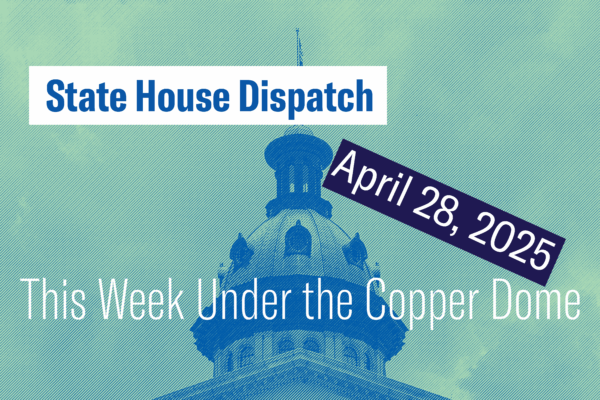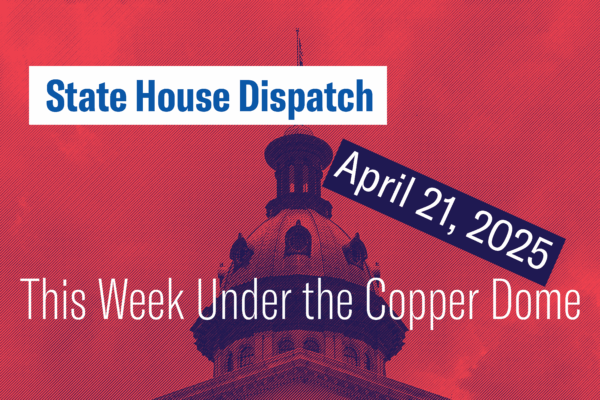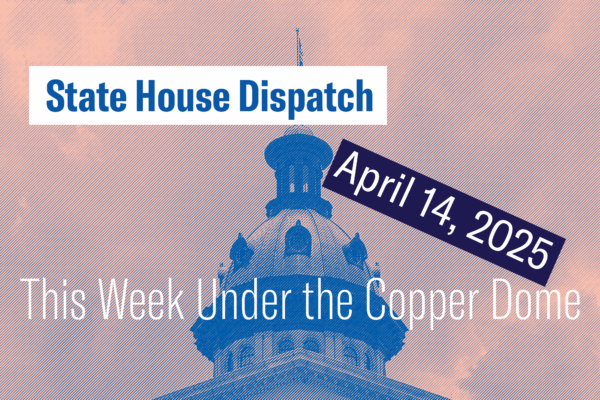Religious Liberty

The Constitution’s framers understood that religious liberty can flourish only with its separation from the government. The free exercise clause of the First Amendment guarantees the right to practice one’s religion free of government interference. The establishment clause requires the separation of church and state. Combined, they ensure religious liberty. Yet assaults on this basic freedom continue.
The ACLU-SC strives to safeguard the First Amendment’s guarantee of religious liberty by ensuring that laws and governmental practices neither promote religion nor interfere with its free exercise.
In the Courts
In one of the ACLU-SC's most famous cases, Silverman v. Campbell, we successfully defended the right of South Carolinians to hold elected office regardless of their religious affiliation. We continue to fight in the courts the protect the religious freedom of all South Carolinians.
In the Legislature
Christian nationalism presents the clearest threat to religious liberty in South Carolina. When political leaders seek to enforce their religious beliefs in law, we are there to remind them that the First Amendment applies everywhere.
The Latest

State House Dispatch: May 5, 2025

State House Dispatch: April 28, 2025
Stay Informed
Sign up to be the first to hear about how to take action.
By completing this form, I agree to receive occasional emails per the terms of the ACLU’s privacy statement.
By completing this form, I agree to receive occasional emails per the terms of the ACLU’s privacy statement.


